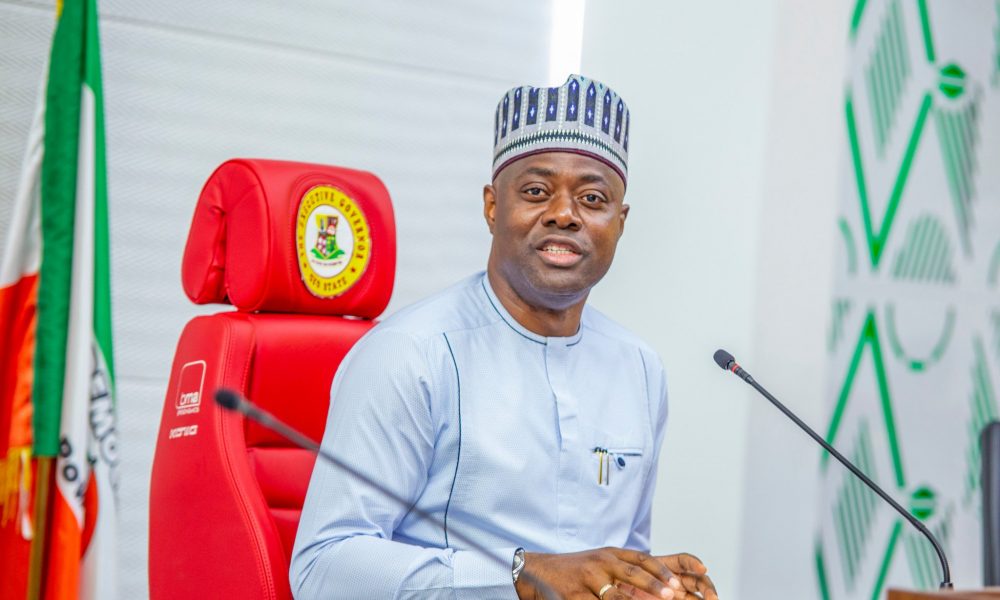
Governor Seyi Makinde’s led government of Oyo State has revealed it has no intention to place a ban on commercial motorcycle operations, better known as Okada in the state.
Naija News recalls that Governor Babajide Sanwo-Olu‘s led government of Lagos State had earlier announced the ban of commercial motorcycles in some parts of the state from June 1st.
In order to ease the effect of the latest directive, the Lagos State Ferry Services has deployed more boats for operations in the state.
Mr Akeem Odusina, the head, of Public Affairs, LAGFERRY on Tuesday, May 31 issued a statement to this effect.
According to him, some of the terminals/jetties, include Badore Terminal, Ajah; Ipakodo Terminal, Ikorodu; Five Cowries Terminal, Ikoyi; CMS/Victoria Island Terminal, Liverpool Terminal, Apapa and Ilaje Bariga Terminal in Bariga.
He explained that travelling by water was 100 per cent free of traffic, adding that there were first-mile, last-mile buses available at the Terminal/Jetty Parks to take passengers to their final destination.
Naija News understands that the ban was announced some days after some commercial motorcyclists lynched a sound engineer identified as David Imoh in the Lekki axis of the state.
However, Oyo State Governor Makinde, in a series of tweets on Saturday, said the state will not replicate the development in Lagos.
The Governor admitted that Okada is an important means of transportation in the state, noting that a ban will leave a lot of people unemployed.
He said: “We take decisions based on data, science and logic. If they ban them in Lagos, how long will it take them to realise the benefits? The situation in Lagos is the same as ours.
“We have no intention of banning Okada. We will regulate them, we will identify them and the criminals will be dealt with. I have seen people with their cars jump okada to go to the bank. They are serving a purpose.
“We have started identity management. If we say ban because Lagos did it, what next? Those riding Okada legitimately you take them out of business.
“When we identify them, who, what, where, we let the people know that there may be criminal elements.
“If we wholesale send them out, we will have more criminal issues. They could become armed robbers,” Makinde noted.
This article was originally published on Naija News


